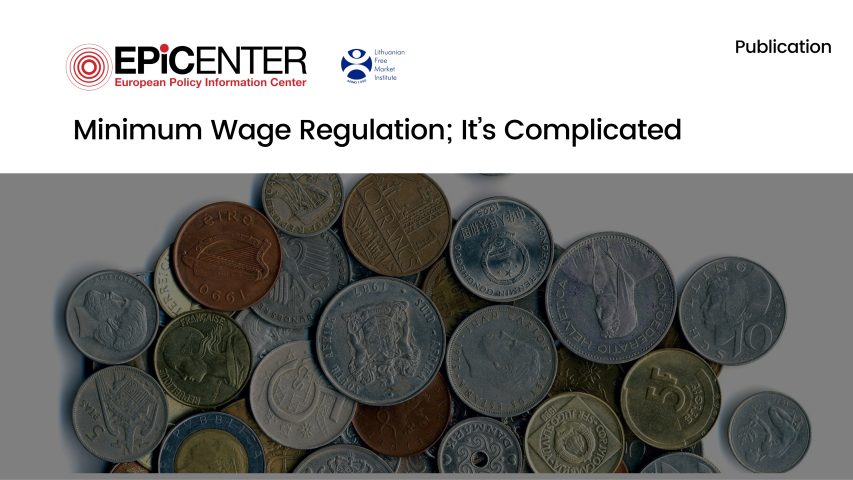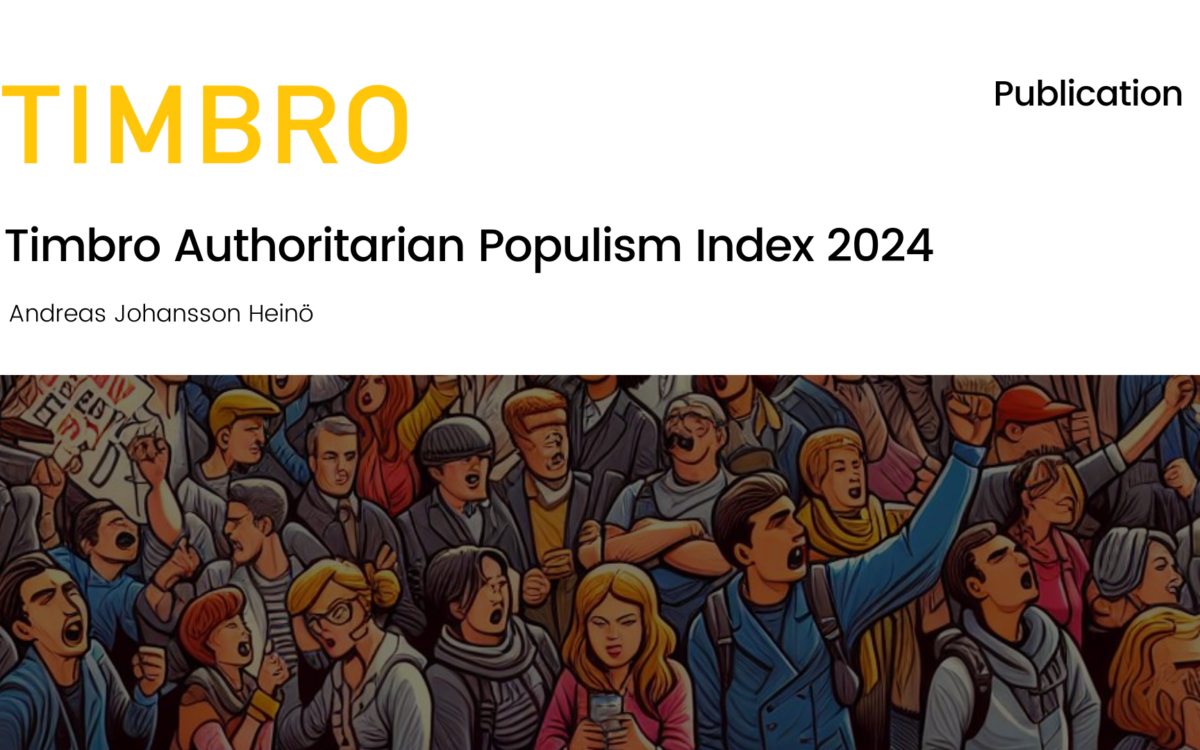Minimum Wage Regulation; It’s Complicated

Minimum Wage Regulation; It’s Complicated
6 September 2018
Raising mandatory minimum wage might seem to be a simple policy that serves to increase wages for low-income earners. Politicians use this policy with good intentions to reduce poverty and inequality. Yet, it has serious drawbacks and creates unintended consequences. The aim of this paper is to shed light on the complexity of the issue of minimum wage.
We argue that there is much more that needs to be taken into account when setting minimum wages than is usually discussed or considered in political debates. In this paper we look into three aspects of minimum wage regulation.
Firstly, we investigate minimum wage complexities from a theoretical standpoint. Secondly, we provide statistical information for selected countries regarding changes in minimum wage regulation. Lastly, we describe the political process behind decisions to apply minimum wages across selected countries in order to analyse to what extent economic circumstances are taken into consideration when setting the minimum wage.
Download or share this publication
View the PDF
EPICENTER publications and contributions from our member think tanks are designed to promote the discussion of economic issues and the role of markets in solving economic and social problems. As with all EPICENTER publications, the views expressed here are those of the author and not EPICENTER or its member think tanks (which have no corporate view).



